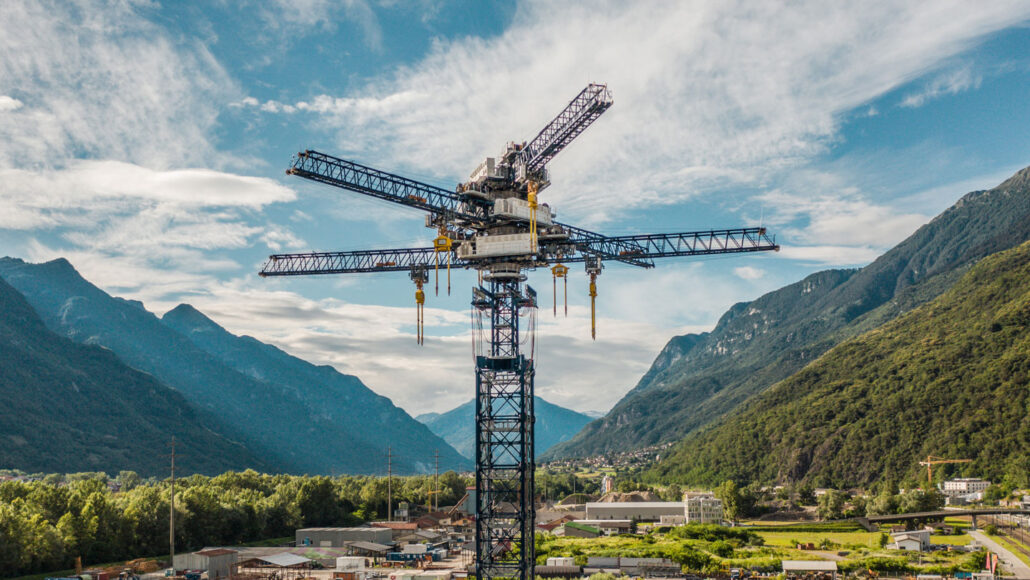Questions for ‘Gravity ‘batteries’ might help a weighty renewable-energy problem’

In July 2020, the company Energy Vault built this huge “battery” in the Swiss Alps. It releases power — electricity — or stores it by slowly lowering or raising heavy blocks.
Energy Vault